
Blog
-

I’m excited to share Open Referral’s Progress Report for 2021-2022. You can download the report as a PDF here, and view the document online here. (All of our reports are accessible here.) Unlike our usual Year in Review, this report…
-

Tackling Data Dilemmas in Social Care Coordination: A Whitepaper on Community Information Exchange
Last year – with sponsorship from Robert Wood Johnson Foundations’ DASH program, and in partnership with the Regional Data Alliance at University of Missouri St Louis – I co-authored a whitepaper that aggregated research and recommendations from across the emerging…
-
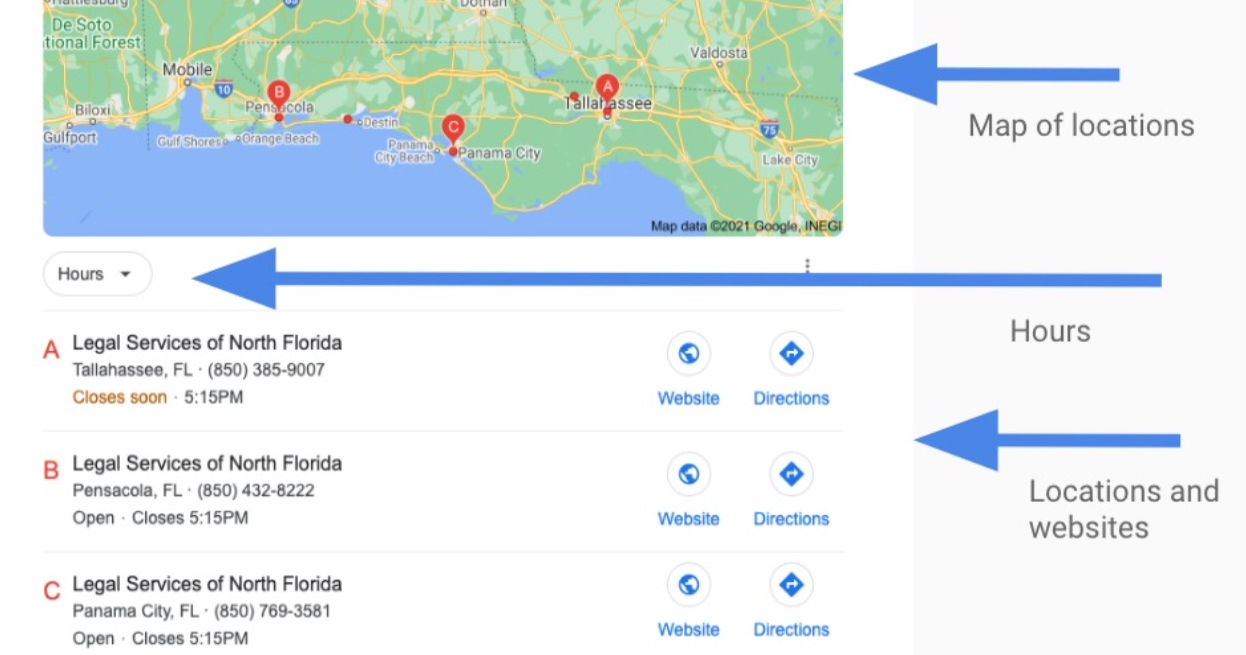
Improving access to legal aid by improving search results with schema.org
Despite the vast amounts of information on the Web, finding reliable information about legal services through internet searches is harder than many expect. Basic searches — for needs like assistance with evictions, help with public benefits, or protection from domestic…
-
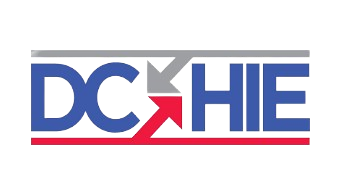
Evolving the DC Community Resource Information Exchange’s Inventory Capabilities
In the District of Columbia, we’re developing a new approach to the very old problem of resource directory information management. Years ago we shared the story of the first phase of our work here on this blog, and we’re now…
-
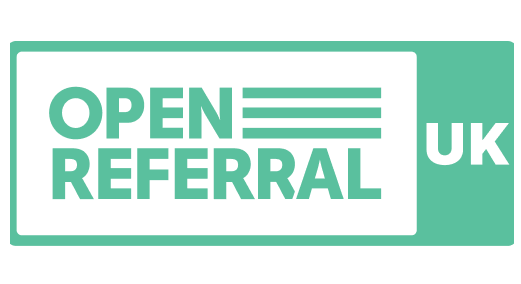
UK Government endorses Open Referral UK
Welcome back to our blog Mike Thacker of Porism Limited. Porism is a technical partner of the Local Government Association (LGA), a membership organisation of English local authorities which owns the Improvement and Development Agency for local government (IDeA). Porism also works…
-
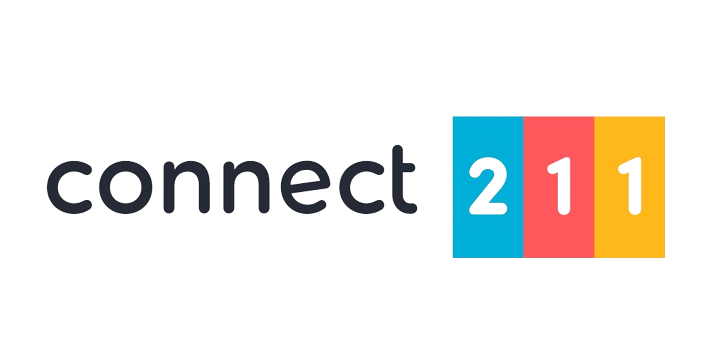
Resource Directory Search Engine To Go – with Connect 211
This post brought to you by Skyler Young of Connect 211. Welcome, Skyler! This is the story of how a 211 call center teamed up with a local software team to create a modern search engine for community resources, and…
-
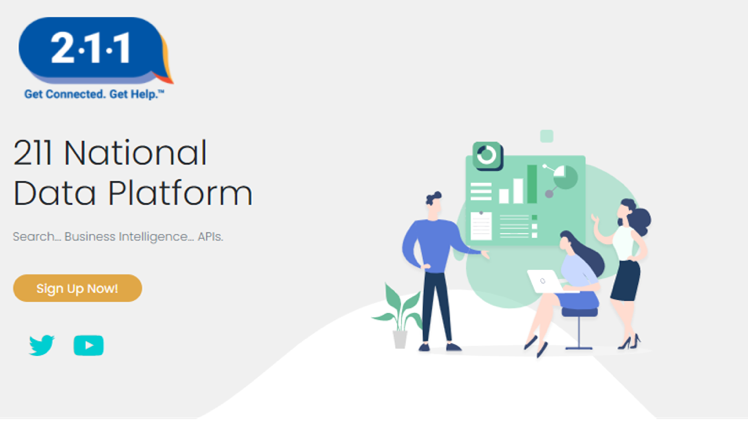
United Way Worldwide’s National 211 Data Platform: Bringing People and Services together
Every day thousands of people across North America turn to 211 for information and support—whether financial, domestic, health or disaster-related. 211 is a free, confidential referral and information helpline and website that connects people of all ages and from all…
-
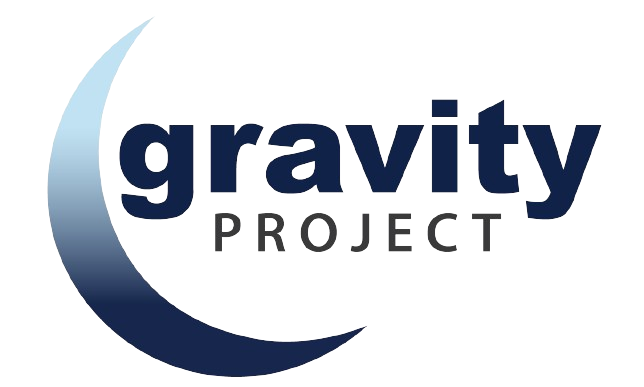
Supporting the Gravity Project to expand interoperability among health, human, and social services
Often people ask how we enable care providers to actually refer their clients to another service. The answer is, well, Open Referral doesn’t actually deal with the process of “making a referral” at all! We’re working to ensure that there’s…
-

LOOP: Resource Data Collaboration, Live at Leeds
Leeds, a city in the North of England, has developed an open-source API-based service directory data infrastructure. LOOP (Leeds Open Online Platform) provides a way for the city’s local authority, voluntary sector and private partners to collaborate on a shared…